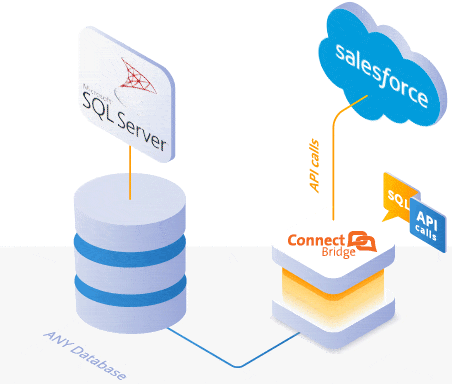Why should you pay attention to your database?
Databases are recognized as valuable assets by organizations storing important information about business operations, customers, finances and much more. These large repositories of commercially sensitive information need to be taken seriously – just imagine losing 2 years of financial transactions because your database was poorly maintained. What if you are dealing with someone else’s data, for example patient details? The problem just gets bigger.
The ramifications of inadequate database management practices can result in businesses falling over or at the very least cause drops in productivity. The results are pretty much always the same lost money, lost business opportunities, and lost customers.










